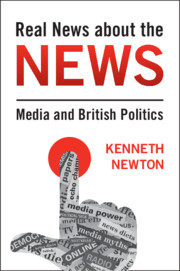Researchers have sought to understand the effects of like-minded versus contrary news exposure on attitude polarization, which can be a threat to democracy. The online news environment offers opportunities for exposure to both types of news, albeit unequally. This study tests the effects of exposure to heterogeneous partisan news bundles (both like-minded and contrary news) on attitude polarization. Because media exposure can lead to bias, attitude polarization is tested as a direct and indirect effect via hostile media perceptions. Data in this study are from a between-subjects experimental design about the issue of assisted suicide. Results indicate that even though the effect of the partisan news bundle on hostile media perceptions is significant, both direct and indirect effects on attitude polarization are null.
